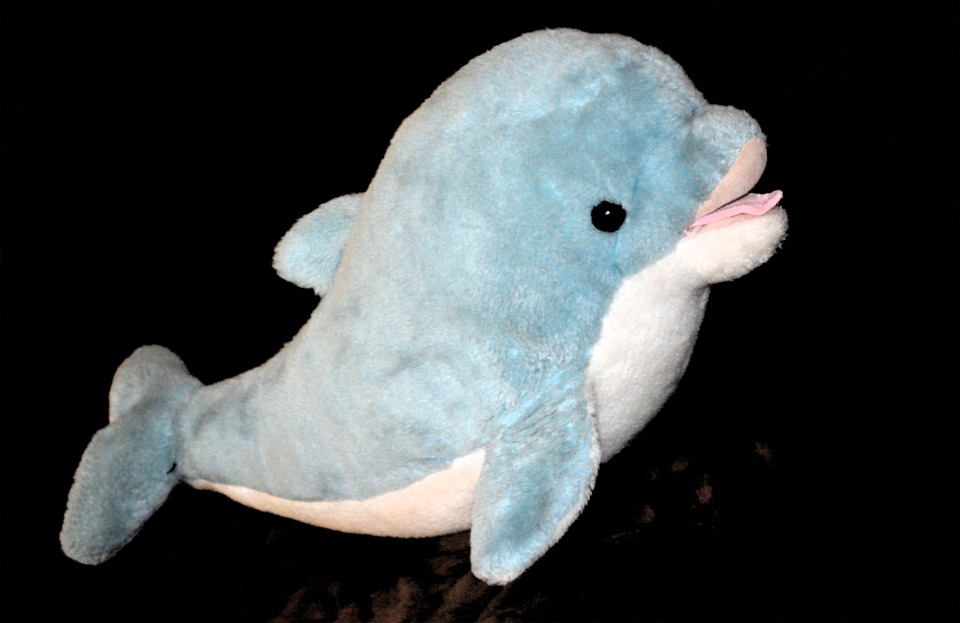Keeping fish as pets can be a rewarding experience, but it also comes with the responsibility of maintaining their health and well-being. One common issue fish owners often encounter is feeding listlessness, where fish may show a lack of interest in food or exhibit sluggish behavior during feeding times. This article aims to explore the causes behind this problem and provide effective solutions to ensure your fish stay healthy and active.
Understanding Fish Tank Feeding Listlessness
Feeding listlessness refers to a condition where fish show a lack of interest in food and exhibit sluggish behavior during feeding times. It can be identified by fish swimming away from food or ignoring it altogether. Proper nutrition is essential for fish to maintain their health and well-being. When fish become listless during feeding, it can be an indication of underlying health issues or environmental stressors.
Causes of Fish Tank Feeding Listlessness
1. Overfeeding: Overfeeding is a common cause of feeding listlessness. Excessive food can lead to poor water quality and digestive issues in fish, making them less inclined to eat.
2. Poor water quality: Fish are sensitive to changes in water quality. High levels of ammonia, nitrites, or nitrates can cause stress and negatively affect their appetite.
3. Inadequate diet: Fish require a balanced diet that meets their nutritional needs. Feeding them a diet lacking in essential nutrients can lead to listlessness and other health problems.
4. Stress and environmental factors: Stressful environments, such as overcrowded tanks, aggressive tank mates, or inadequate hiding places, can cause fish to become listless during feeding.
Solutions to Combat Feeding Listlessness
1. Establish a feeding routine: Consistency is key when it comes to feeding fish. Establish a regular feeding schedule and stick to it. This will help create a sense of routine and encourage fish to eat.
2. Use high-quality fish food: Invest in high-quality fish food that is specifically formulated for your fish species. These foods are nutritionally balanced and provide all the essential nutrients your fish need.
3. Ensure proper water parameters: Regularly test the water parameters in your fish tank and make necessary adjustments. Maintain optimal levels of ammonia, nitrites, nitrates, and pH to ensure a healthy environment for your fish.
4. Provide a varied diet: Just like humans, fish appreciate variety in their diet. Offer a mix of dry and frozen foods, as well as live or freeze-dried treats to keep their interest in feeding.
5. Reduce stressors in the tank: Create a stress-free environment for your fish by providing adequate hiding places, maintaining proper water flow, and avoiding overcrowding. Minimizing stressors will help improve their appetite.
Frequently Asked Questions (FAQs)
1. How often should I feed my fish?
The feeding frequency depends on the species of fish. Generally, most fish should be fed once or twice a day, in small portions that they can consume within a few minutes.
2. What should I do if my fish refuse to eat?
If your fish refuse to eat, check the water parameters to ensure they are within the acceptable range. Try offering different types of food or adjusting the feeding routine. If the problem persists, consult a veterinarian.
3. Can poor water quality affect fish appetite?
Yes, poor water quality can negatively affect fish appetite. High levels of ammonia, nitrites, or nitrates can cause stress and lead to feeding listlessness.
4. Is it necessary to provide a varied diet for fish?
Providing a varied diet is beneficial for fish as it ensures they receive a wide range of nutrients. It also helps to keep them interested in feeding.
5. How can I reduce stress in my fish tank?
To reduce stress in your fish tank, provide adequate hiding places, maintain a balanced ecosystem, avoid aggressive tank mates, and minimize sudden changes or disruptions in the tank environment.
Conclusion
Feeding listlessness in fish can be a concerning issue for fish owners, as it indicates potential health problems or environmental stressors. By understanding the causes and implementing the provided solutions, you can ensure your fish receive the proper nutrition they need to thrive. Remember, maintaining a healthy and balanced diet, along with a stress-free environment, is crucial for the overall well-being of your aquatic companions.









